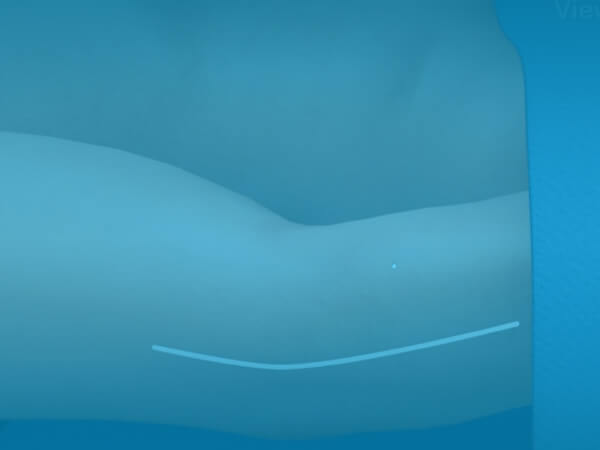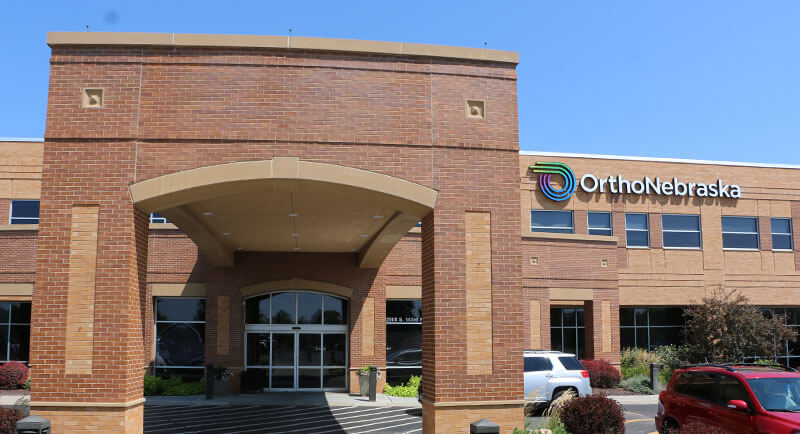What is Radial Tunnel Release Surgery?
The surgeon will release muscles, tendons or other structures that may be compressing the radial nerve and leading to radial tunnel syndrome. The incision will be made either on the outside or inside of your elbow in order to access the radial nerve.
Who Should Have a Radial Tunnel Release Surgery?
This surgery is often offered after conservative options such as medications, home exercises or hand therapy have failed to address the pain or weakness at the top of the forearm or back of the hand, especially when the arm is straight, which characterizes radial tunnel syndrome. Surgery may be an option immediately in more severe cases, such as when the wrist is extremely weak or extending fingers is difficult.
How Well Does a Radial Tunnel Release Surgery Work?
While no large-scale studies are available, several smaller-scale studies suggest that no less than two thirds of patients, and as many as 90 percent, will experience elimination or at least significant improvement of symptoms. The vast majority of patients can expect at least some improvement.
What Can I Expect When I Have a Radial Tunnel Release Surgery?
After you schedule surgery, you may need a pre-surgical physical to make any necessary accommodations based on your health history. When you arrive at the hospital, you’ll speak to your surgeon and anesthesiologist. The surgery can is usually performed under partial anesthesia so nerve responses can be tested during the procedure, but that always depends on the individual. It is outpatient, meaning barring rare complications, you will go home the same day.
Your elbow, forearm and wrist will be placed in a split to ensure proper healing positioning for about two weeks. We’ll give you home exercises and most likely hand therapy to help you make as successful a recovery as possible. You can expect steady but gradual improvement. After 6-8 months you would be considered fully recovered in most cases.






